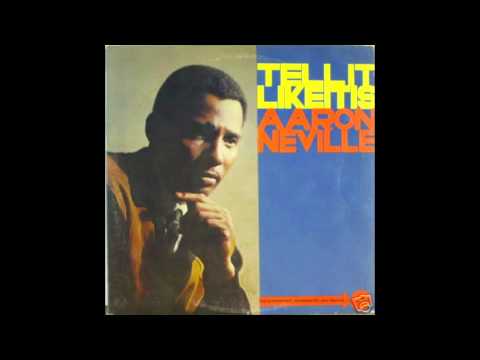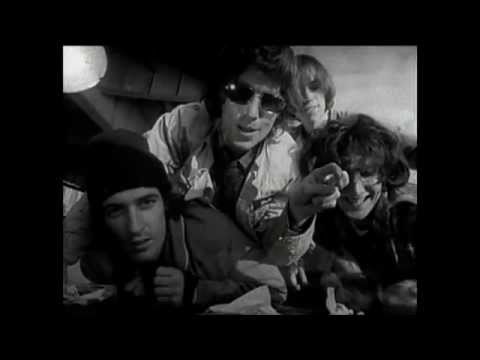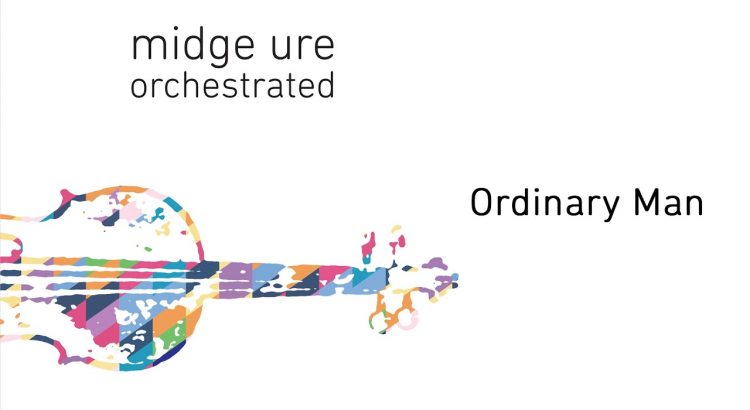
(Archive.)
Some names have been changed to protect the privacy of the individuals concerned.
May – June 2017
Here’s the thing about Roscoe’s Basement, for me: It’s not just a band, or a peer group, or an opportunity for socialization or creative expression — it’s a protracted exercise in spiritual improvement. Left on my own, I tend toward passivity — ignoring problems in hopes they’ll go away. And Roscoe’s Basement has a problem that cannot be ignored.
In the wake of Mike’s departure, we all agree that we should soldier on rather than breaking up the band. And after assessing our setlist, it’s plain that continuing as a five-piece is not an option — not without retooling our repertoire from the ground up. So we will look for a new guitarist, to replace the irreplaceable. And because this band constitutes for me a self-improvement program, I proclaim that I will take the lead in the search. It will be a good exercise, I think.
What I do not know is that the process will take three solid months and I will hate every goddam stinking tooth-pulling moments of it.
Thursday, May 11, 2017
Figuring to stick with a proven winner, I write up an ad for Craigslist:
While we’re waiting for Craigslist to work its magic, we ease in to the search, starting close to home with someone we know. Well, someone our drummer knows. Metal Todd is an acquaintance of Tom’s from work. He’s got a taste for the heavy stuff, and some decent gear, but he hasn’t played in a ton of bands.
Part of the challenge will be finding a player who has a distinctive voice on the instrument but doesn’t feel the need to be the boss; the democratic setup we have now suits us all fine. In this, Metal Todd’s relative inexperience is a point in his favor. When we meet to jam, he’s very pleasant and obliging.
He is also, to put it bluntly, in way over his head. Metal Todd proves to have virtually no musical touchstones in common with the rest of us. He’s never heard a Ramones song, let alone played one. Even the Rolling Stones rate only the faintest glimmer of recognition. It’s as if we’re speaking different languages, mutually unintelligible.
Metal Todd’s inexperience in a band setting is a liability, too. He can keep time pretty well, but his tone bespeaks hours of playing along with records while wearing headphones. It’s got no punch, no thickness — certainly not enough to cut through the racket of three other musicians. I’m standing closest to him, and despite repeatedly encouraging him to turn up, I register his guitar primarily as a thin, angry buzz, like a bumblebee caught in a baby-food jar.
Metal Todd is a nice dude, but in the end the prospective learning curve is simply too impossibly steep to even warrant serious consideration.
Thursday, June 1, 2017
Not long after Metal Todd’s audition, our ad starts running on Craigslist — to the sound of crickets. I decide to reach out in other ways, and quickly create accounts on both Bandmix and Sonicbids. I also start searching Soundcloud for other Rochester-based musicians, and reaching out via the platform’s messaging system.
After a few false starts — which I’ll cover in a future column — it becomes plain to me that we’d have an easier time finding someone if we were doing the standard bar-band list. The Roscoe’s Basement aesthetic isn’t hard to explain, but it seems unconscionably risky — or too much like work — to too many players.
I don’t get it, I honestly don’t. Do these guys actually get any satisfaction out of playing “Mustang Sally” week in, week out? Do the audiences get any joy out of hearing it? Or is it simply safer to do the standard repertoire, to be a known and pre-sold quality?
Or is it just easier? After all, if you’re playing songs the audience has likely heard a thousand times already, it seems likely that they’ll be able to fill in the blanks as long as you nail the general contours of the song. If you’re going to do a relative obscurity like “Starry Eyes,” you’d damned well better know how to play it, or why even bother? But three chords and an attitude will get you a long way with the standard bar-band canon. The bar for a recognizable version of, say, “Ramblin’ Man” or “Taking Care of Business” is pretty low.
This thought is heavy on my mind a few weeks into the process, when we audition our first serious prospect. Shawshank is a rock ‘n’ roll lifer — a biker with the requisite look and swagger, long hair and tatts and that handlebar mustache you apparently get at the Harley dealership with your 50,000 mile checkup. He’s got a good tone on his Les Paul, and he’s properly loud — he’s been kicking around in bands forever like the rest of us, so he’s not intimidated — which makes it easier to evaluate his playing.
We let Shawshank call the tunes for the first hour, and he’s not shy. We play the Who and the Stones and Creedence, and even dig back into our archives for “Road House Blues,” which we haven’t played since our first gig — almost a year ago. Shawshank blasts through them all, playing fluid, gutsy solos. Then we call a few, and he gamely bluffs through “Surrender” and a couple of Ramones tunes. We chat a while — Shawshank talks mostly about gear — say our goodnights, and then the five of us sit down to talk things over.
Tom is ready to sign Shawshank up right away; Deanna thinks he’s got promise; Chuck and Craig don’t have strong feelings either way — not that they’re saying out loud, anyway — and so it falls to me to be Captain Buzzkill, and to put into words the uneasy feeling in my gut.
Given free reign, I point out, Shawshank’s musical choices didn’t extend much past approximately 1974. And while classic rock is definitely part of what we do, it’s not the end of it. How far out onto the ledge will he be prepared to follow us and our crazy skinny-tie music? And when we asked him what kind of cover material he might bring to the band, he didn’t really have an answer, which suggested to me that he didn’t have any firm handle on our vibe.
And for all his solo chops, Shawshank was half-assing a lot. He knew the songs, but he didn’t know the songs. F’rinstance: We did T. Rex’s “Bang a Gong (Get it On)” — a song with one of the most iconic rhythm guitar parts in all of rock — and Shawshank just sort of played through the chords in an undifferentiated strum, with no accents. When he played “Jumpin’ Jack Flash,” he had the progression down, but he wasn’t playing the licks, wasn’t playing the song — just a rough approximation.
Now, that’s just how a lot of bands play — but not us. Not to blow smoke here, but what we do is hard work, and it can be unforgiving; the drive to be note-perfect is part of what killed the joy of it for Mike. But when it all comes together, we are pretty spectacular. We need someone who’s going to do the work, and I don’t know if Shawshank is that guy. What I’ve heard tonight makes me think that when the crunch comes, he’s likely to say, “Eh, good enough.”
(Also it set my teeth on edge the way Shawshank barely acknowledged Deanna’s presence all night, and casually referred to women as “chicks” throughout the evening. The little things, sometimes they give you a feeling.)
I try (and mostly fail) to express all this in the moment. In the end, we compromise rather than cut Shawshank outright, we put him on standby, thanking him for the audition and keeping him as an option for a callback, still hoping for someone more obviously suited to the gig.
And I keep looking.
Oh boy, do I keep looking.
Next: Dog and Pony Show


 (Archive.)
(Archive.)







 It would have been very easy for Ure to take the easy way out with Orchestrated, but one glance at the track listing shows that he wants this album to matter, damn it. Several Ultravox standards are forsaken in favor of deep cuts, and Ure closes the album not with an Ultravox song, but rather the title track of his most recent solo album Fragile. For the unfamiliar, this is a brilliant move.
It would have been very easy for Ure to take the easy way out with Orchestrated, but one glance at the track listing shows that he wants this album to matter, damn it. Several Ultravox standards are forsaken in favor of deep cuts, and Ure closes the album not with an Ultravox song, but rather the title track of his most recent solo album Fragile. For the unfamiliar, this is a brilliant move. 
